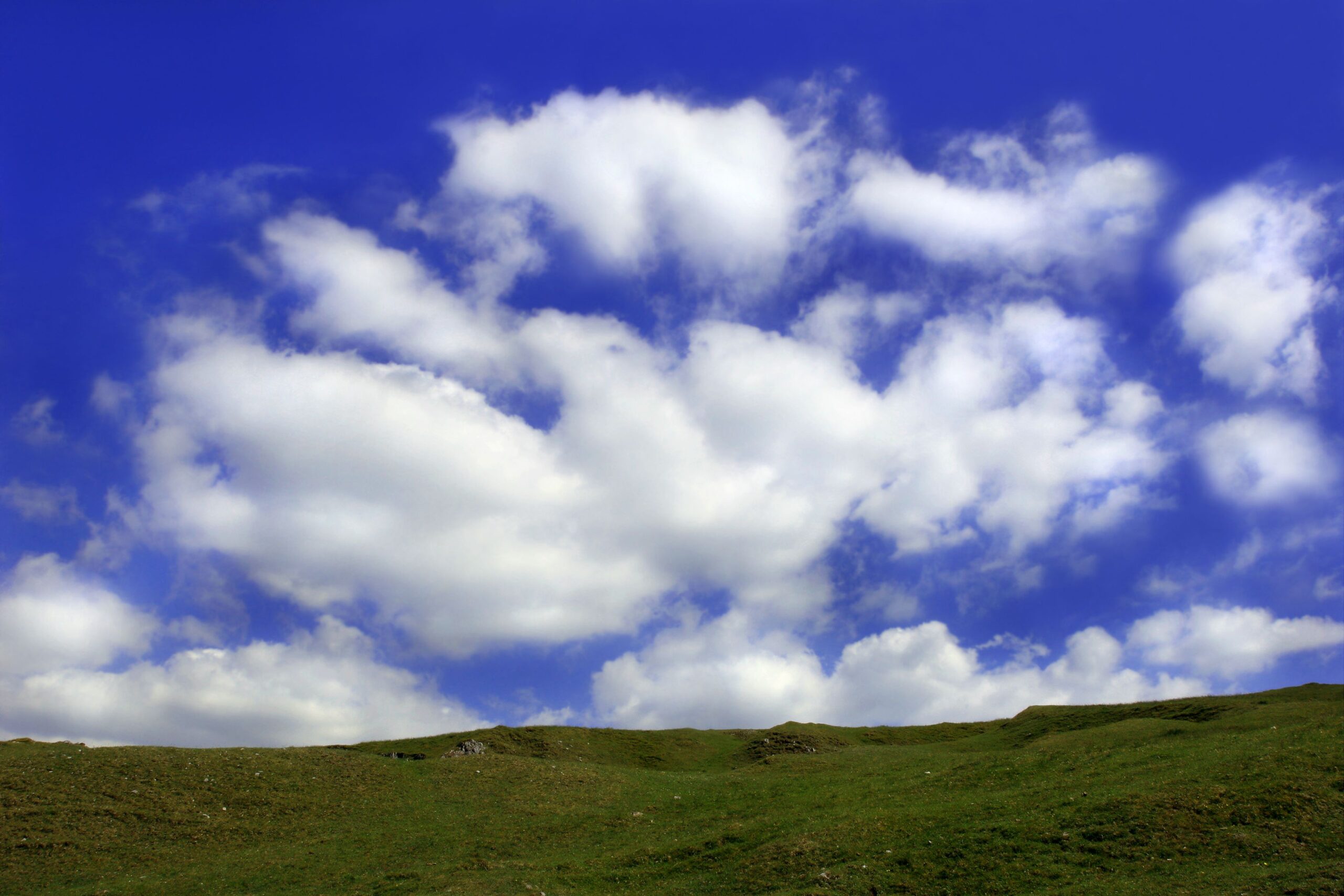I’ve been rereading May Sarton’s powerful Journal of a Solitude, and it’s a perfect companion to Minerva Rising’s upcoming Issue 7: Wilderness, which you can submit to now.
What does the idea of wilderness inspire in you? I think of the vast rooms and spaces in my interior life that I duck through alone. Is that a shadow? Is that candle light? Whose voice is that in the next room? That’s laughter. What is the joyful thing they’ve discovered out the window? Or, I’m digging in the dirt outside my inner house, trying to get something to grow – which in my real life, I’m always quite unsuccessful at doing. The point is, that I spend a lot of time reflecting and searching myself, contending with my past and where I’m headed. That self-confrontation is a writer’s tool and is two things: solitary and like getting lost in a wilderness. Where we can despair, regretting not taking a certain job or wishing we hadn’t moved from Maine to Tennessee.
That’s why I love what Sarton writes about despair and nature: “Does anything in nature despair except man? An animal with a foot caught in a trap does not seem to despair. It is too busy trying to survive. It is all closed in, to a kind of still, intense waiting. Is this a key? Keep busy with survival. Imitate the trees. Learn to lose in order to recover, and remember that nothing stays the same for long, not even pain, psychic pain. Sit it out. Let it all pass. Let it go.” Imagine that – imitate the trees. Concentrate on survival. Concentrate on weathering your personal inner wilderness. Pain passes like rain, even though it can break the heart forever.
What I hear in church: John the Baptist went out into the wilderness to prepare the way for the one to come after him – he fasted, was quiet, prayed and was alone also in the vast wilderness of himself doing the work of self-confrontation. In solitude is where work, albeit haunted and nerve-exposing, can be done, Sarton writes:
“I can tell you that solitude
Is not all exaltation, inner space
Where the soul breathes and work can be done.
Solitude exposes the nerve,
Raises up ghosts.
The past, never at rest, flows through it.”
Here’s my invitation to you: As you walk through your own inner space, confront what you find. Raise your ghosts. What does your soul breathe on? And write it down. Submit to Minerva Rising’s Issue 7: Wilderness; the reading period is open until Sept. 1. We want to see where your wilderness takes you.
I’d like to conclude with this short poem that I wrote about self-reckoning:
Tongue
The reckoning to come: Because I didn’t kiss
your open mouth more
it’s hard to write turn the other cheek
Anthony of Padua’s blackened tongue
– praising spared God
skin parchment in candle
bones brittle beneath, empty rib cages
carrying mercy in a begging bowl
I want to enter their lives, sleep grotesque
hearts preserved in grace
The submerged body of a cow
She broke through a fence and crossed fields
but couldn’t swim toward
you, I’ve missed
***
Nicole Rollender’s poetry and nonfiction have been published or are forthcoming in The Adroit Journal, Alaska Quarterly Review, Best New Poets, Creative Nonfiction, Ruminate Magazine, Salt Hill Journal and THRUSH Poetry Journal, among others. She’s the winner of the 2012 Princemere Poetry Prize for her poem “Quickening,” as well as the 2012 Janet B. McCabe Poetry Prize for her Pushcart Prize-nominated poem “Necessary Work.” Her poetry chapbook Arrangement of Desire was published by Pudding House Publications. She received her MFA from Penn State University, and currently serves as media director for Minerva Rising Literary Magazine and editor of Stitches Magazine.


